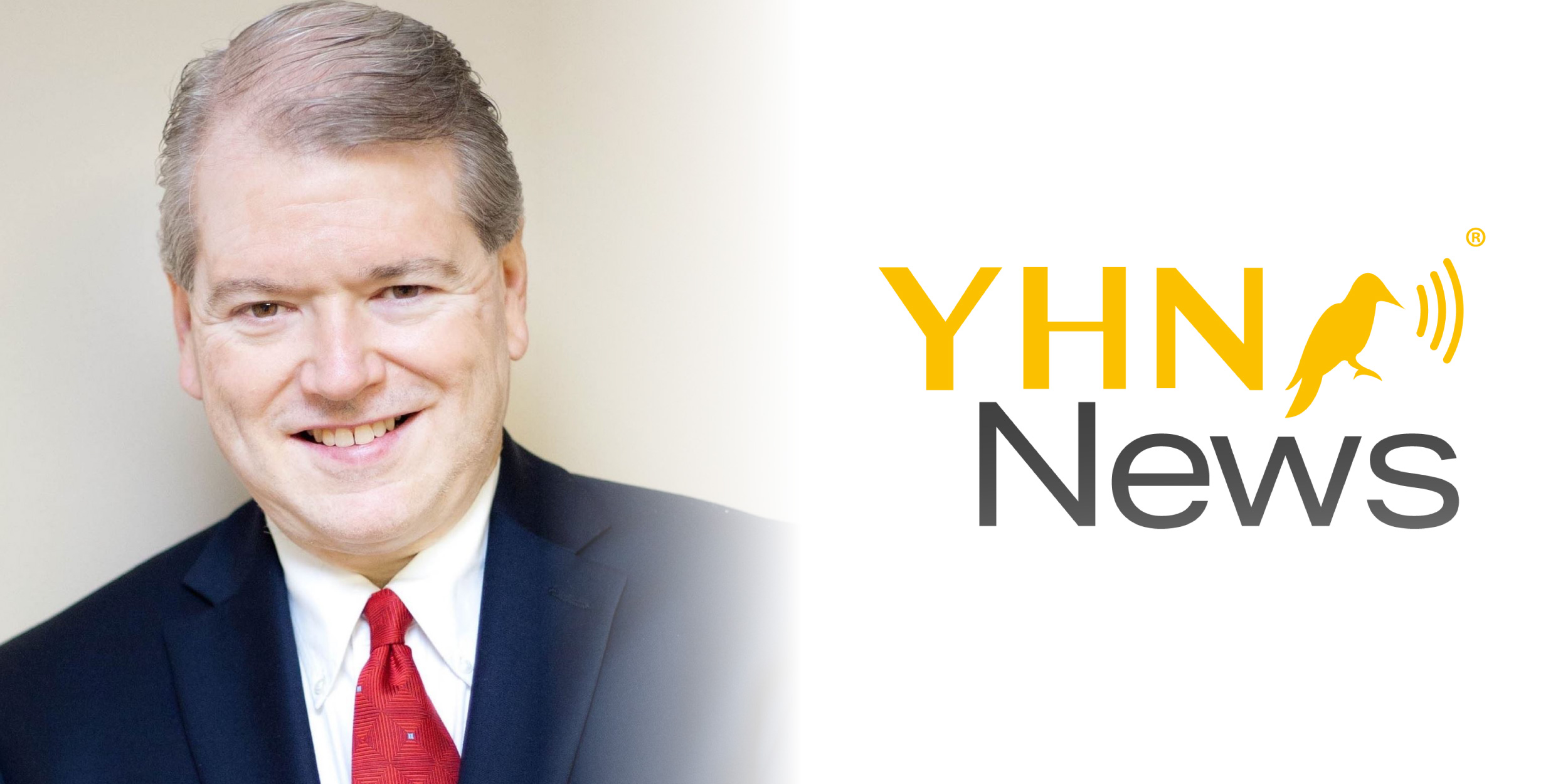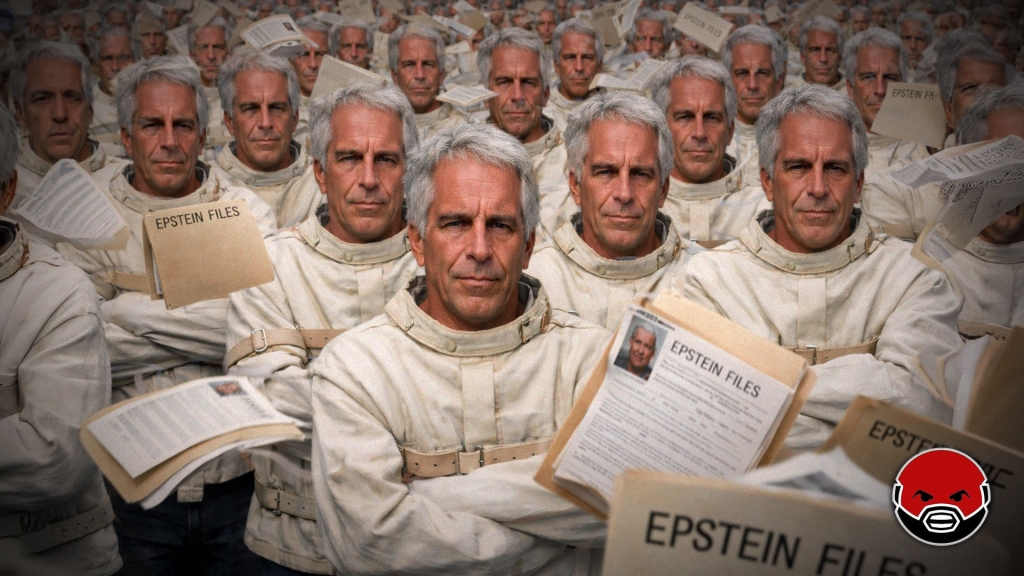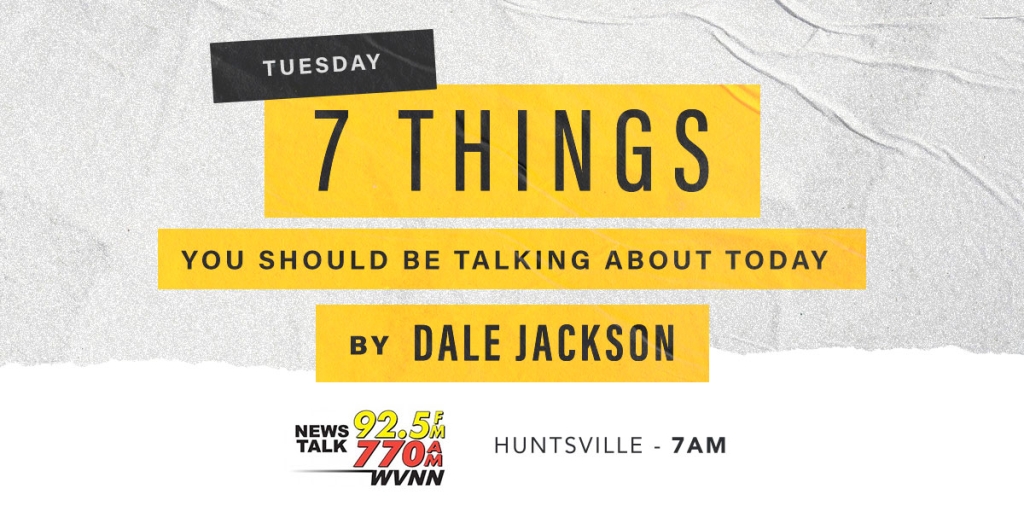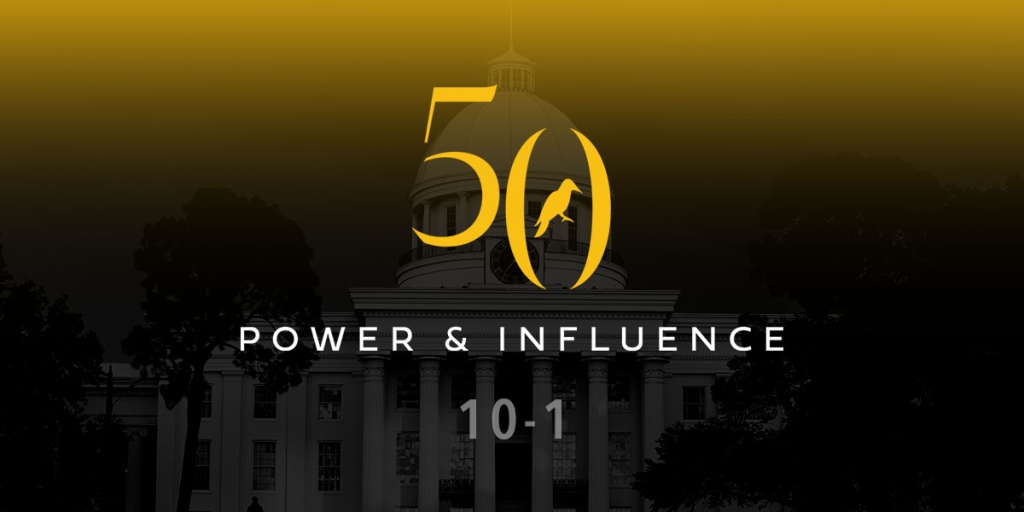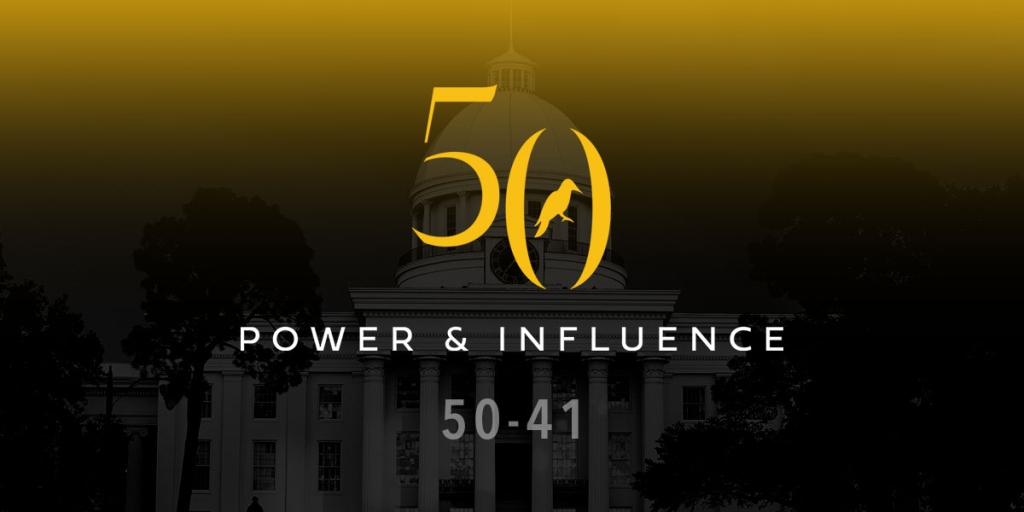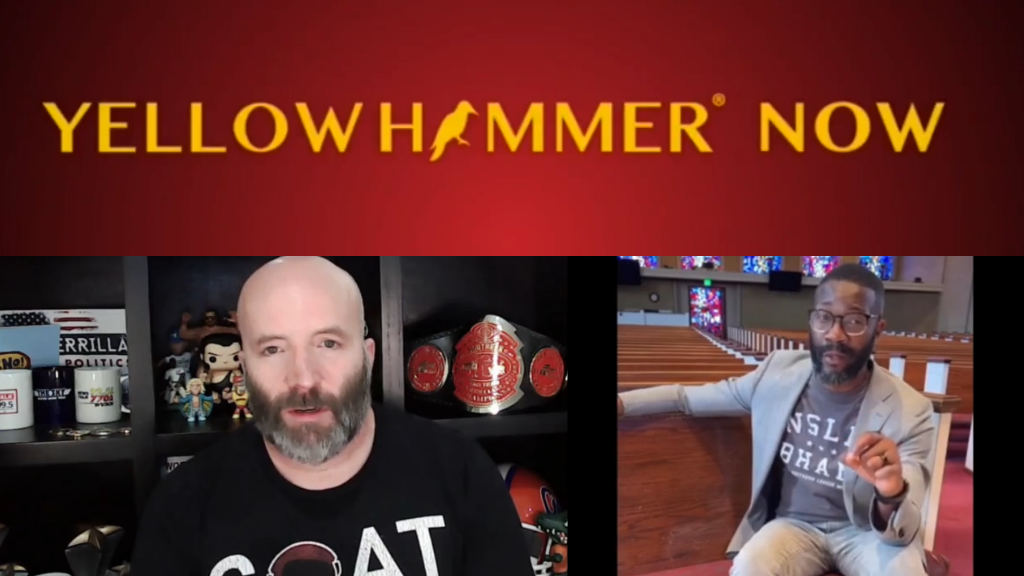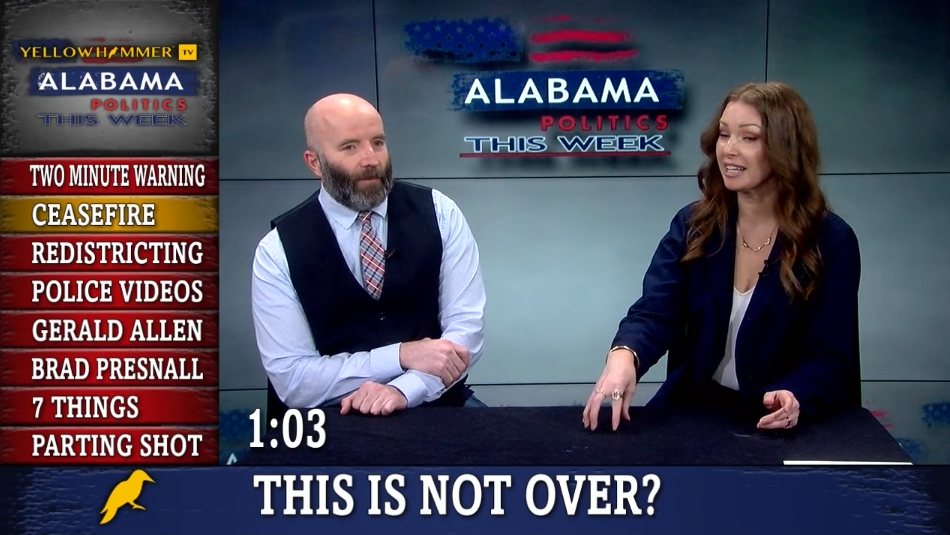J. Holland brought listeners his final newscast this week after ten years with YHN Network and over 50 years on the air across the South.
J. is an Alabama radio icon in every sense of the word and has stories to tell that would captivate anyone with even the smallest amount of interest in the industry.
He got his start in the business at Valley Point High School in Dalton, Georgia, and once he eventually realized that he could make a living doing radio, it didn’t even feel real.
Holland made the decision while at Jacksonville State University after he got his first paycheck from WLJS 92-J that he would be fully diving into the world of radio.
“Radio in high school for me was kind of a novelty,” Holland said.
“I worked with my Dad, and from the time I was 11 years old, I was an electrician’s helper. I would run to the truck and get tools, run back get more tools, you know? Eventually started doing more stuff. I knew what it was like to dig ditches and pull wire. To me, that was real work.”
RELATED: YHN Network Anchor J. Holland retiring after 50-year broadcast career
“So when I got into radio it was like, ‘this is work?’ You mean you’re gonna pay me for this too? It was like a dream. Being on the air was never, ever like work to me.”
Holland’s first paycheck from WLJS was for $88 and it was enough for him to be fully convinced to go all-in on radio.
It was Dave Fitz at Q-104 in Gadsden (now 103.7 “The Q” in Birmingham) that taught Holland how to do the news, and how to do it right.
“He went to all the city council meetings, all the county commission meetings, house fires, car wrecks. He did it all, the dude was legendary, and he’s the one who taught me how to do the news. When you heard Dave Fitz, you knew to stop what you were doing and listen,” Holland said.
In his decades on air, Holland has been in what he describes as “real radio” and “corporate radio.” He makes no bones about the delineation between the two.
“The corporate model is to fire all your people and put more work on the people who are left. Ed Carrell at WGAD always preached ‘paying your civic rent’, and serving your community. The number one rule is to earn and protect your license by going out in the community.”
Until the late 1980s, Holland saw himself as a rock and roll DJ who loved radio.
But it was January 25, 1983 that opened his eyes to the world of talk radio. It was the day Coach Bear Bryant passed away.
Holland was getting ready for his 2:00-6:00 shift. The usual job was playing records and letting the NBC news play at the top of the hour along with regular built in breaks.
It was right before the shift that the news of Bryant’s passing came through.
When talking to Ed Carrell about how to handle it, Holland came up with the suggestion that instead of playing records like usual, they take calls.
Carrell agreed, but what he said next would end up shaping Holland’s view of radio and the talk format.
Carrell told Holland to skip all of the breaks and that they would make them up the next day and allow Bryant to be honored properly.
“I went from having regular programming to having nothing in 10 seconds. By this time I was seasoned, but I had about 2 minutes left and realized I wouldn’t have a break for 55 minutes. What the hell am I gonna talk about? I was thinking I would open the mic and say what happened then take a few phone calls and start playing records again. But that ain’t what happened,” Holland said.
Once the show began, Holland read the breaking news paragraph on the air, and before he could even finish the short paragraph, all five phone lines in his studio were flashing.
“I don’t know that I had ever seen that before,” he said.
Holland took phone calls for four hours straight with stories about Coach Bryant, listeners paying their respects, friends of Bryant speaking, and everything in between.
“It was the most amazing four hours of radio I have ever done. We were laughing one minute and crying the next.”
Many years later, after an extremely successful talk radio and news career, Holland would join Yellowhammer News in 2015 to bring stations around Alabama the YHN newscast.
He never got tired of being on the air even after a 50 year run of doing just that.
“Being on the air, is not only addictive, but it’s magical. To be able to speak into a microphone, especially back in the day with thousands of people counting on you, it’s kind of a thrill. And it never got old for me.”
When Holland was a program director many years earlier, he said he put a saying on a note by the microphone switch for all of his staff to see:
“You never know who’s listening.”
“Sound your best, do your best. Always. Because you never know who might be listening,” he said.
On the day of his retirement, Holland received a letter from the current president of Jacksonville State, Don Killingsworth Jr., congratulating him on a career that began all those years ago at JSU’s WLJS.
“Your journey began in our very own WLJS station and has since become a staple in newsrooms across the state…Your contributions to the airwaves have shaped the landscape of Alabama broadcasting, and your influence will last for years to come,” Killingsworth wrote.
Then on Holland’s final newscast Thursday, though he had no plans to do anything special, he was convinced by his colleagues at YHN to do so.
He signed off with a big thank you to everyone and a quote from his favorite General of all time, Douglas MacArthur.
“Old soldiers never die, they just fade away. These proceedings are over.”
And Holland was right.
You never do know who’s listening.
Michael Brauner is a Senior Sports Analyst and Contributing Writer for Yellowhammer News. You can follow him on Twitter @MBraunerWNSP




